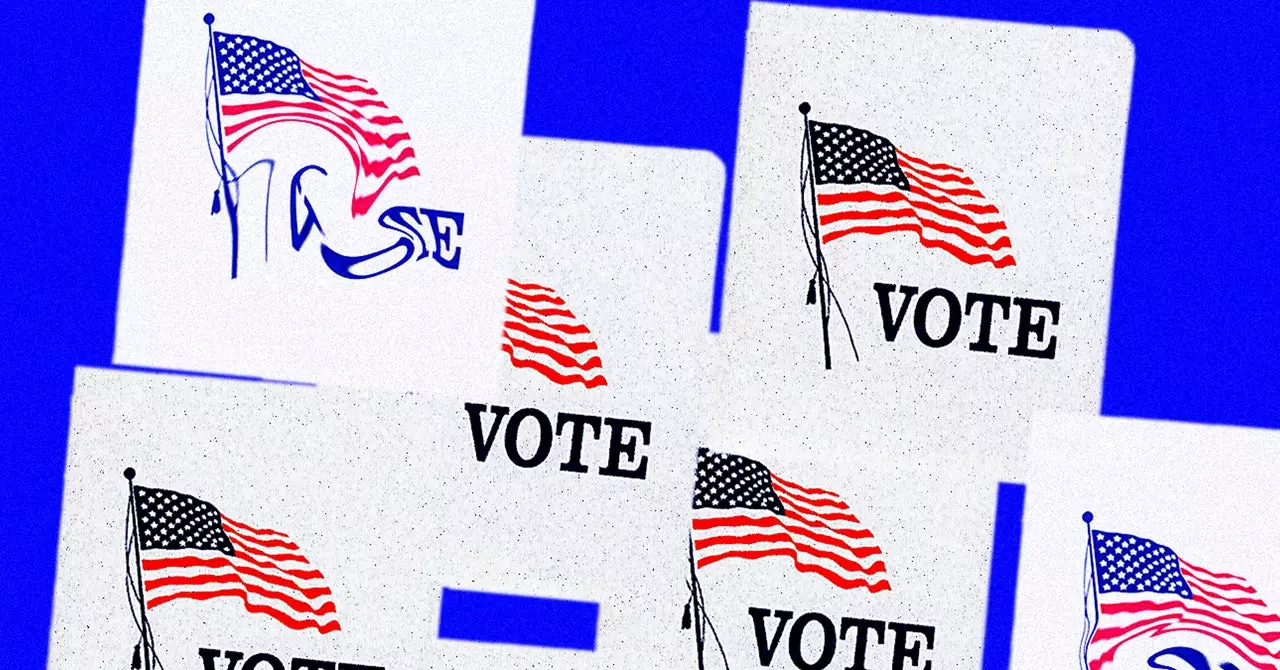The use of Generative AI tools in political communications has raised concerns about the accuracy and transparency of the generated content. While proponents argue that AI can streamline the content creation process, critics point out that these tools can sometimes produce inaccurate or misleading information. In an interview, Hutchinson, the developer of BattlegroundAI, assures that the generated content is not automated and requires human review before dissemination. However, the potential for misinformation still looms large, leading to fears about the credibility of AI-generated political content.
The debate extends to how AI companies train their products on art, writing, and other creative works without seeking permission. Hutchinson acknowledges the valid concerns raised by individuals who oppose this practice and emphasizes the need for dialogue with lawmakers to address these ethical implications. She also leaves the door open for using only public domain or licensed data to train language models in BattlegroundAI, highlighting the importance of ethical considerations in AI development.
Progressive movements, often aligned with the labor movement, have expressed reservations about automating ad copywriting using AI. Hutchinson acknowledges these concerns but argues that AI can reduce grunt work and increase efficiency for underfunded campaign teams. The fear of displacement of human labor is countered by the view that AI can alleviate repetitive tasks and free up time for more creative endeavors. By positioning BattlegroundAI as a tool to support overburdened teams, Hutchinson attempts to address the apprehensions within progressive circles.
As AI increasingly plays a role in shaping political communications, questions arise about the impact on public trust and reception of messaging. While some experts argue that disclosing AI-generated content is no different from using unnamed staff or interns for writing, concerns linger about how AI adoption may influence public perception of political authenticity. The risk of eroding trust in political discourse due to the proliferation of AI-generated content is a valid point of contention that requires careful examination.
Despite the ethical concerns surrounding AI in political communications, Hutchinson remains focused on the immediate benefits of AI tools like BattlegroundAI. She emphasizes the company’s goal of assisting people in the present moment, underscoring the potential for AI to enhance campaign efficiency and outreach. As political strategies evolve to include AI-powered solutions, striking a balance between innovation and ethical responsibility will be essential to navigate the complex landscape of modern political discourse.


Leave a Reply